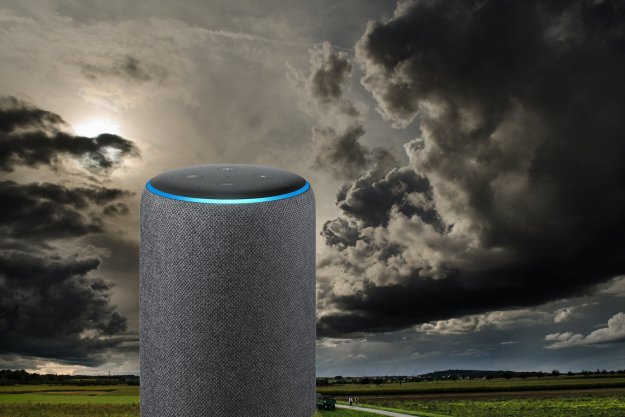
BYU professor and information systems expert Jeffrey Jenkins says that cursor movement becomes far less precise when we’re feeling down or irritated. The cursor movement is jerky and sudden rather than straight or gently curved, and overall we move the mouse slower than normal.
“Using this technology, websites will no longer be dumb,” Jenkins says. “Websites can go beyond just presenting information, but they can sense you. They can understand not just what you’re providing, but what you’re feeling.”
He also pointed to uses for his research, such as pinpointing portions of websites and software that frustrate people, and making software more pleasant to use. Up until now, designers have used focus groups to look for issues, which may not always give the best idea of what exactly needs to be changed.
“Being able to sense a negative emotional response, we can adjust the website experience to nate stress or to offer help,” Jenkins explains.
Using Jenkin’s technology, developers will get more precise information on the effects of different user interface elements, and whether or not it incites a positive or negative reaction. While mobile devices rely on the swipe and tap, Jenkins believes he can also apply the concepts learned in his research on mouse movement to mobile apps as well.
The technology behind the discovery has been patented and spun off to a local startup called Neuro-ID which Jenkins founded. That company has already done similar work on technologies that look for suspicious activities in online forms and questionnaires by analyzing mouse and keyboard input.
Editors' Recommendations
- You’re putting your router in the wrong spot. Here’s where to put it instead
- Having trouble accessing your Instagram account? You’re not alone
- Clever new A.I. system promises to train your dog while you’re away from home
- A.I. can tell if you’re a good surgeon just by scanning your brain
- MIT says it can tell how healthy you are by analyzing your dishwasher


